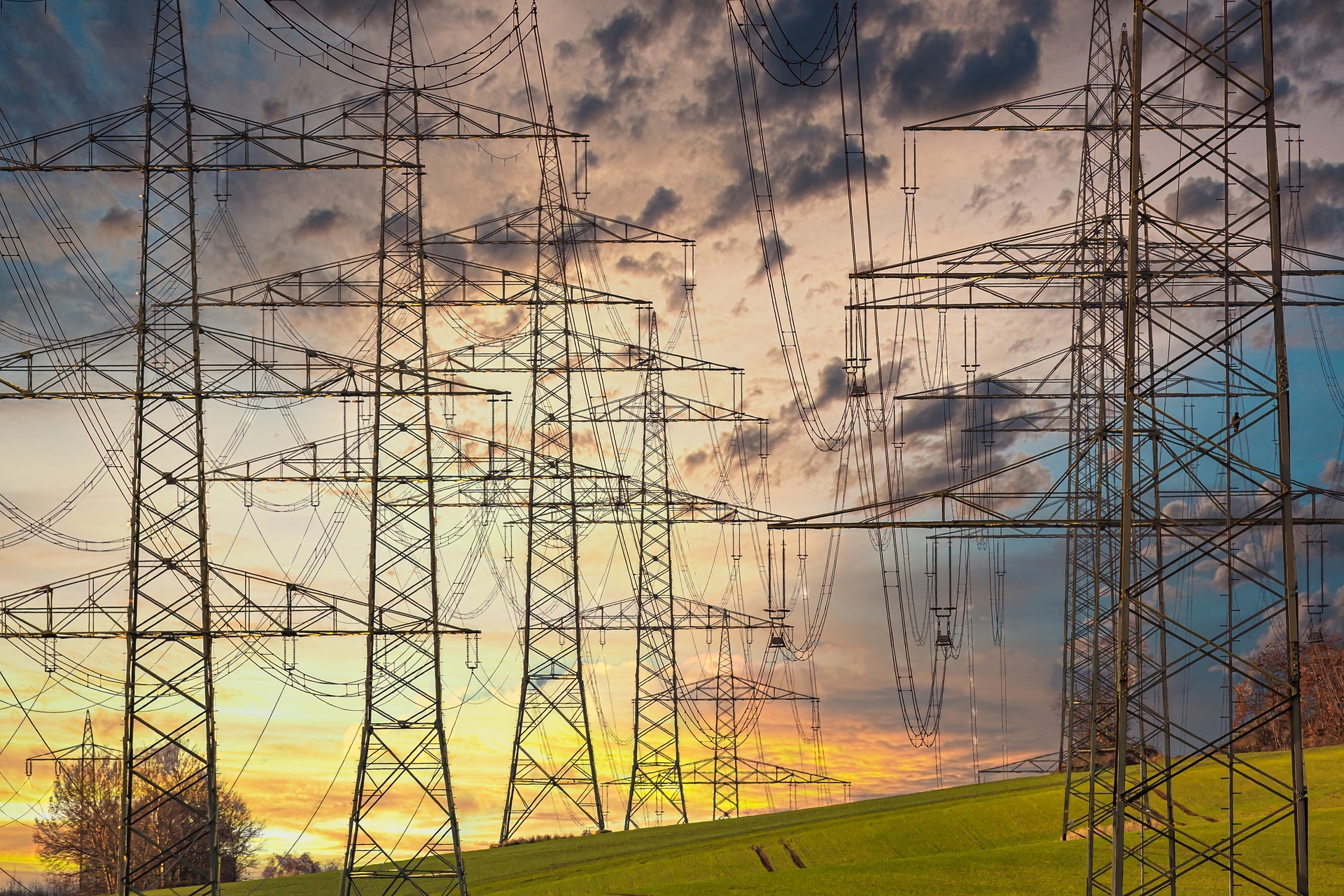


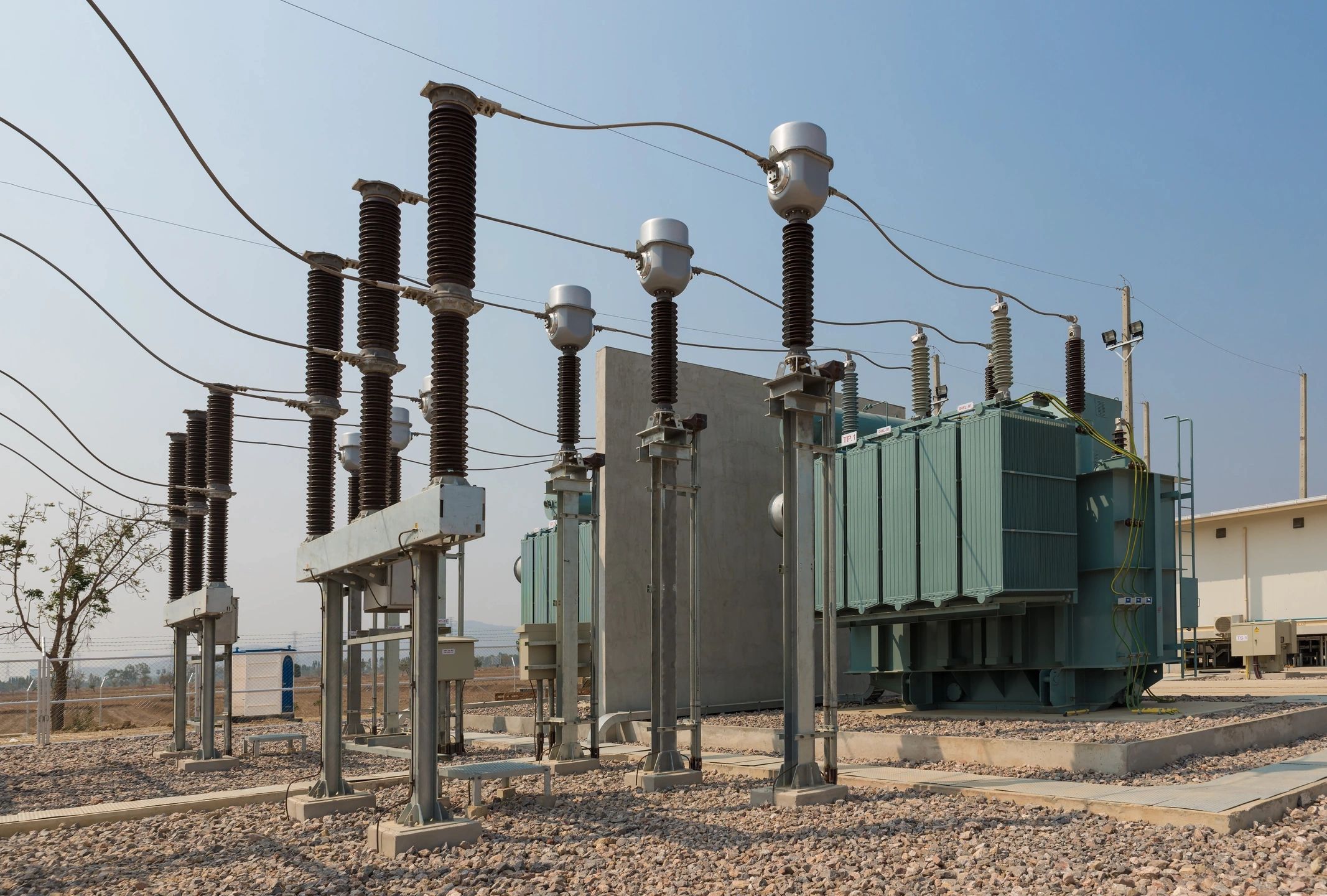
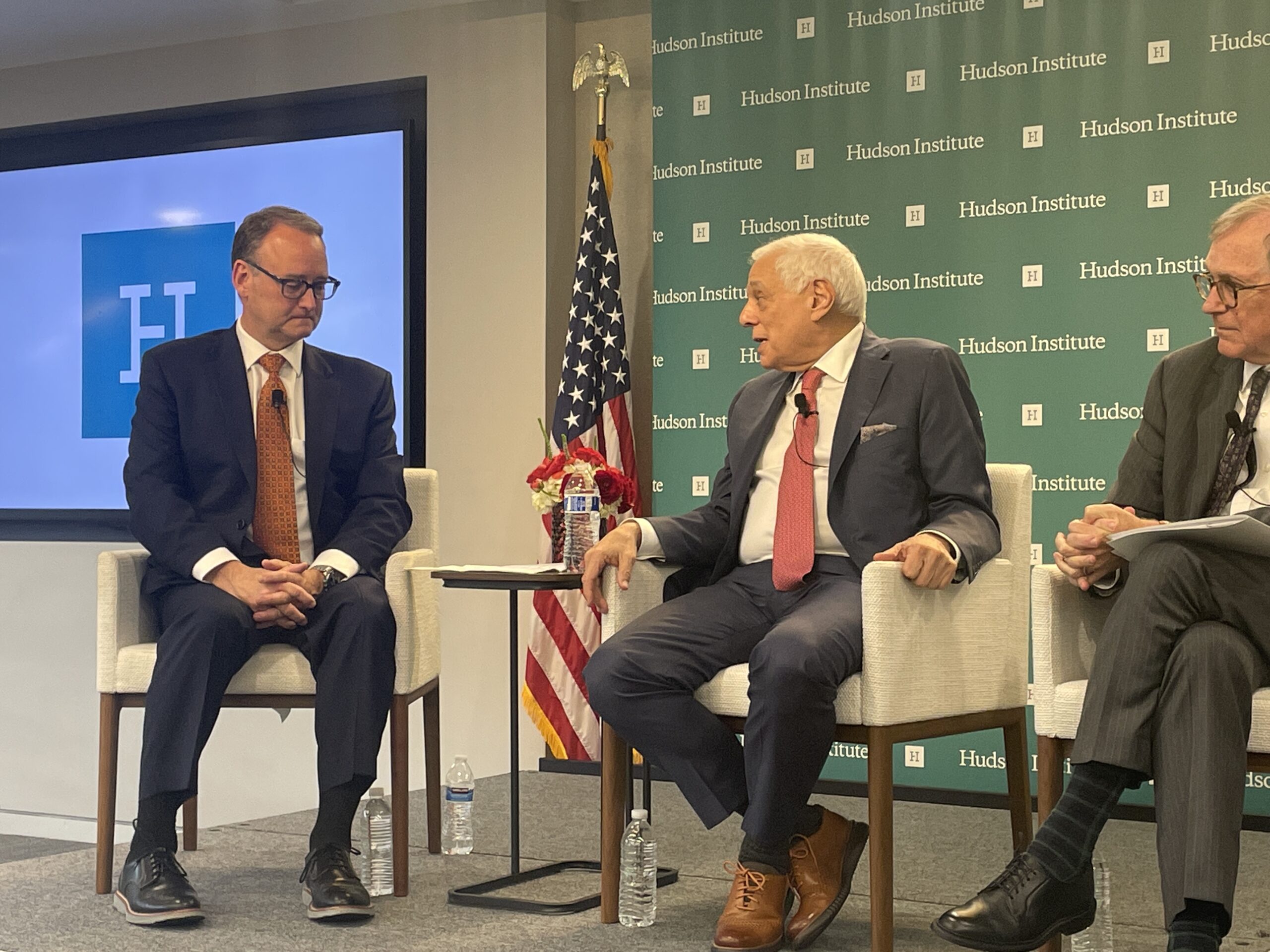

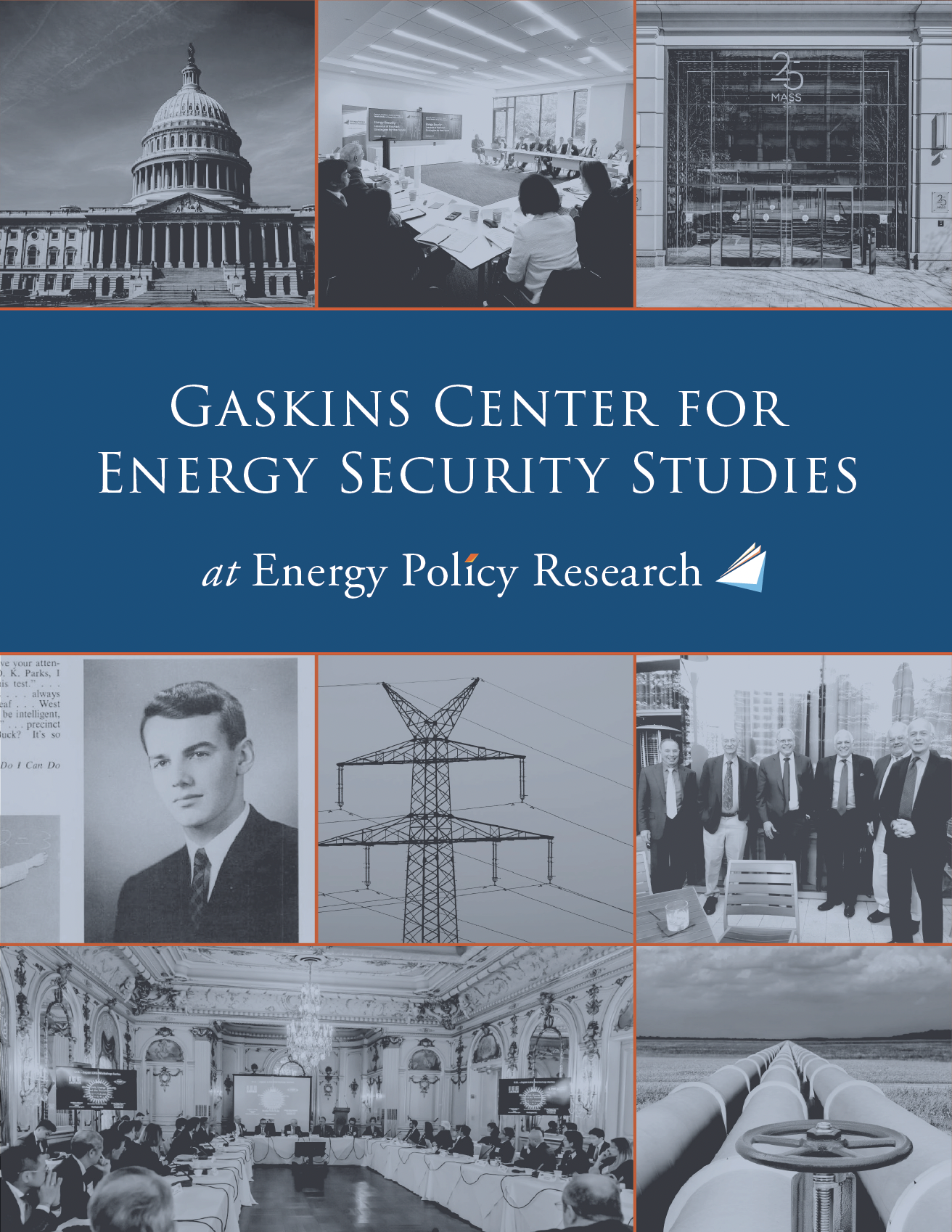
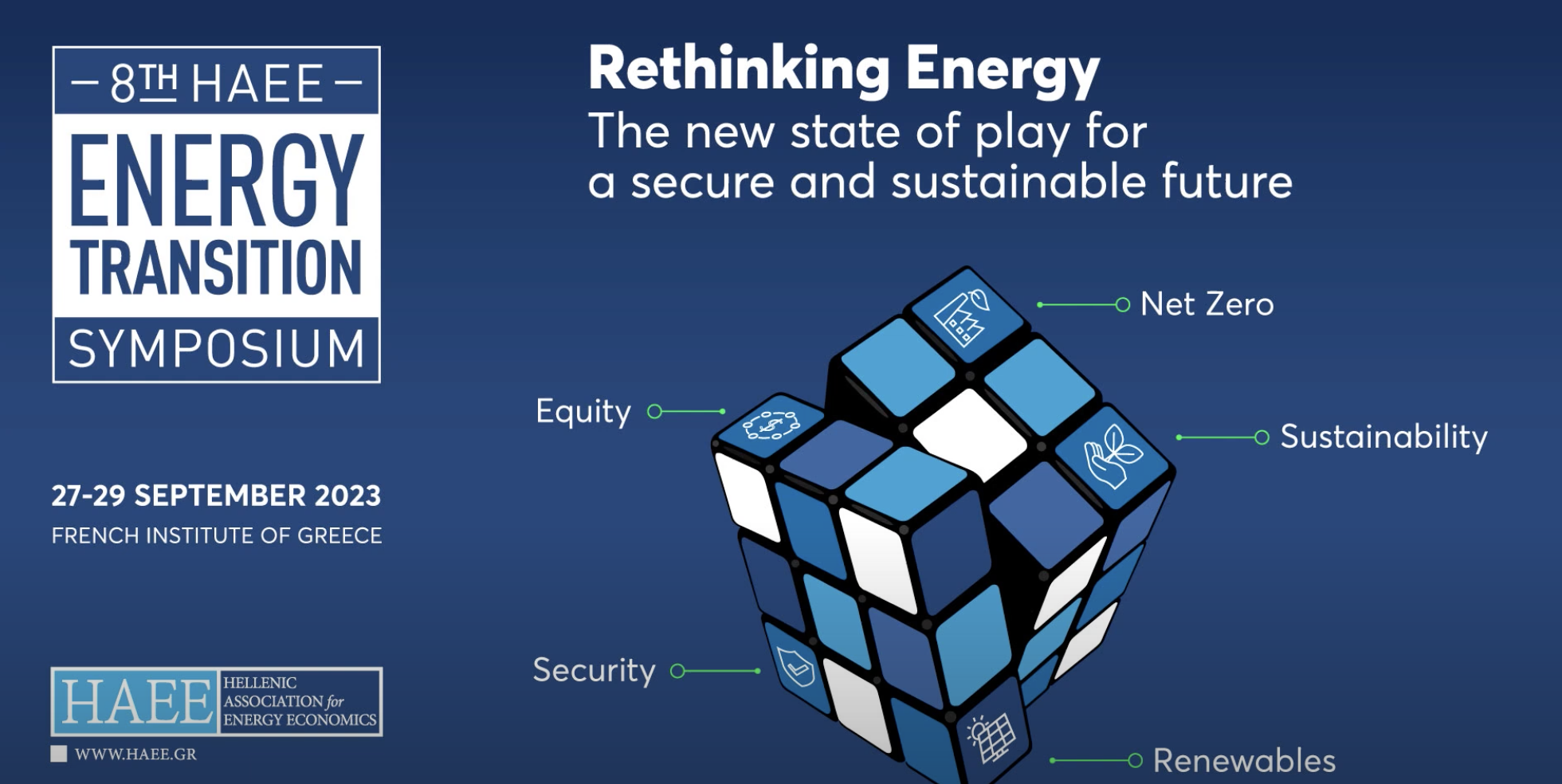
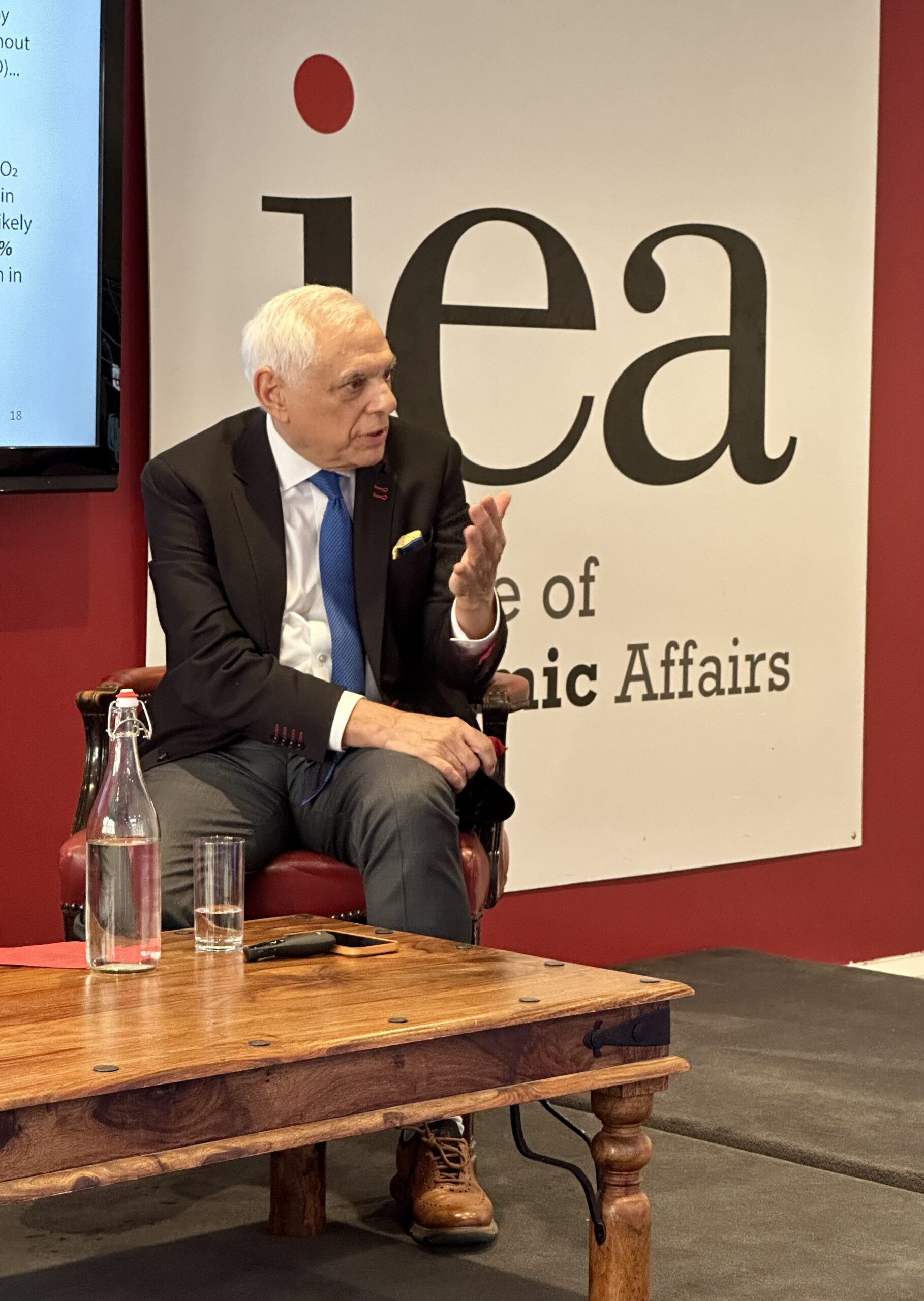
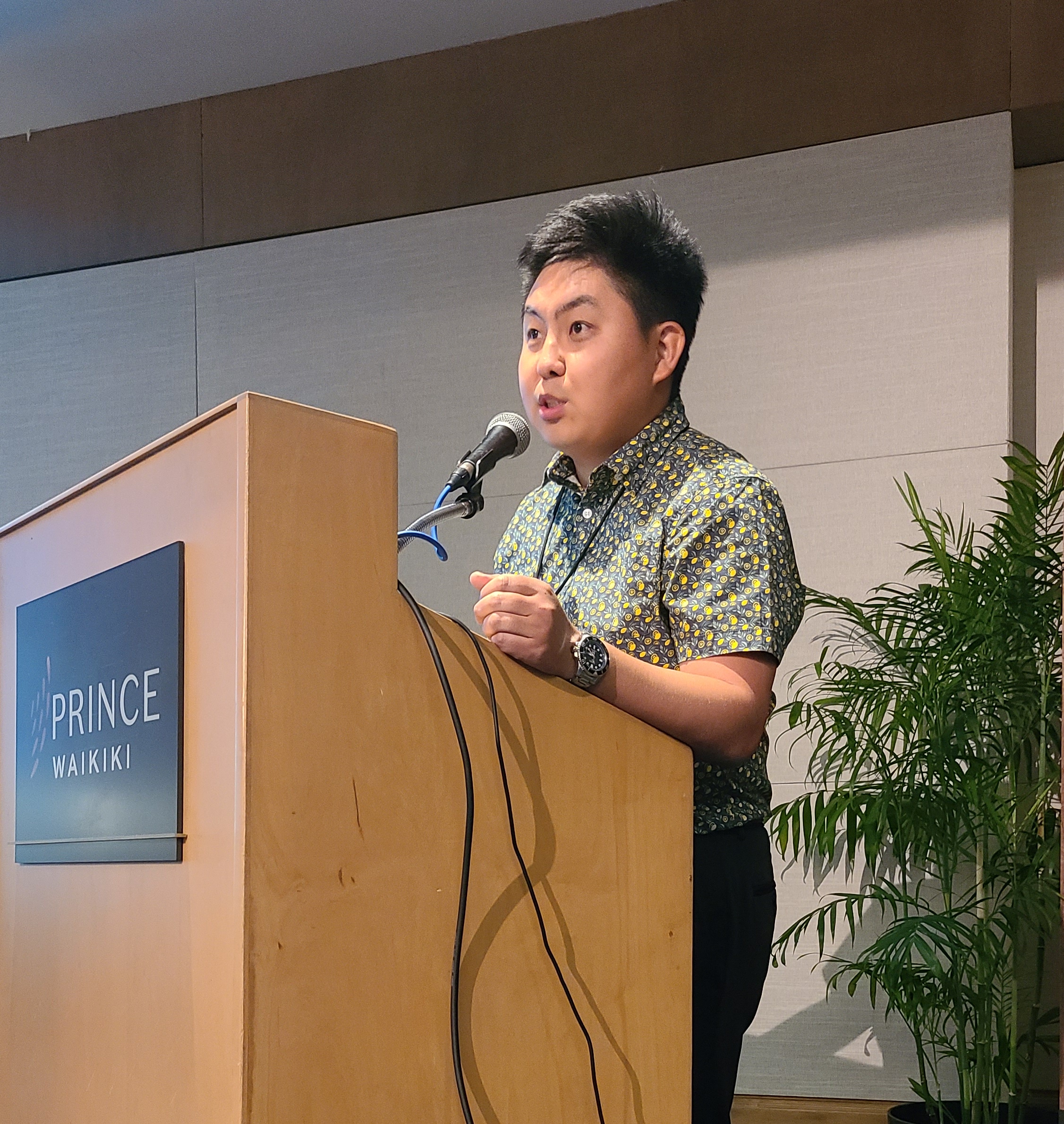
On August 1, 2023, Batt Odgerel, Director of Energy Transition Research at Energy Policy Research Foundation, delivered a presentation at the 2023 Annual Conference jointly hosted by the Hawai‛i Asia Pacific Institute (HAPI) and Northeast Asia Economic Forum (NEAEF) in Honolulu, Hawai‛i. His presentation centered on the energy trilemma, encompassing energy security, sustainability, and affordability, within the context of Northeast Asia. Batt Odgerel explored pragmatic avenues to enhance collaboration in the region, taking into account the geopolitical and historical challenges at play.
The 32nd Annual Forum took place August 1-2, 2023, and brought together established professionals in Hawai‘i, North America, and the Asia-Pacific region across the research, business, and government fields to facilitate functional cooperation and tangible partnerships around this year’s theme through presentations, panel discussions, and informal networking and dialogue.
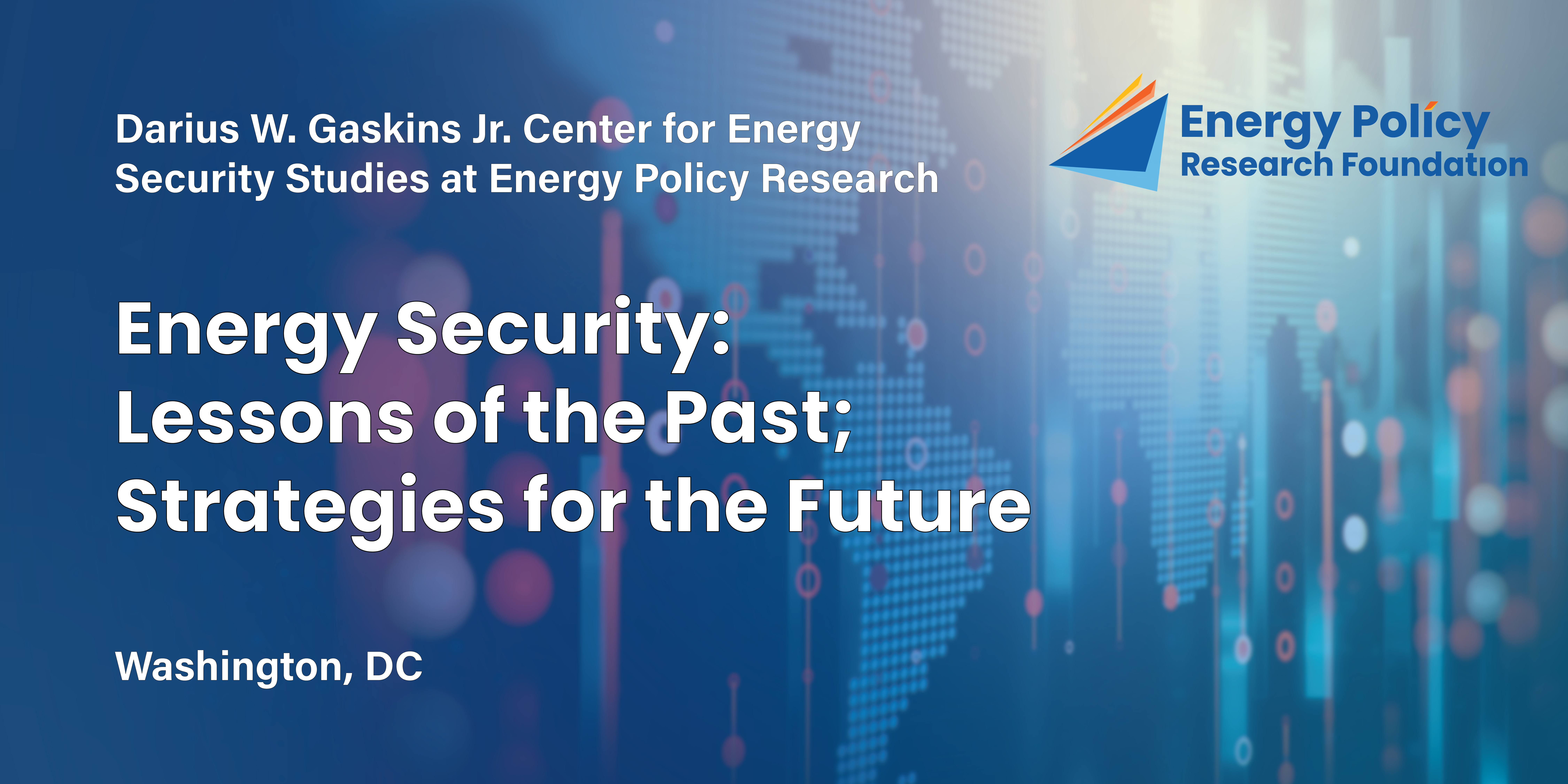
On July 18, 2023, the Gaskins Center for Energy Security Studies hosted its inaugural workshop at EPRINC’s conference space at 25 Massachusetts Ave, NW in Washington DC. The Center has been established through a generous grant from EPRINC’s Chairman, Dr. Darius W. Gaskins, Jr.
As the countries of the OECD pursue a large-scale transformation of their energy systems to minimize carbon emissions, we are presented with an array of new challenges to sustain the affordability, reliability, and security of our energy complex. The workshop brought together international researchers, policymakers, and industry executives to review the lessons of energy security policies established in the aftermath of the 1973-75 Arab Oil Embargo. The second theme of the workshop explored what changes need to take place throughout the OECD and developing world to bolster energy security in an era of accelerated implementation of a broad range of technologies and related programs to reduce carbon emissions.
© Energy Policy Research Foundation | 25 Massachusetts Ave NW, Suite 500P (Mailbox 14), Washington, DC 20001 | (202) 944-3339 (Phone) | (202) 364-5316 (fax) | info@eprinc.org
Design & Development by Red Clay Creative